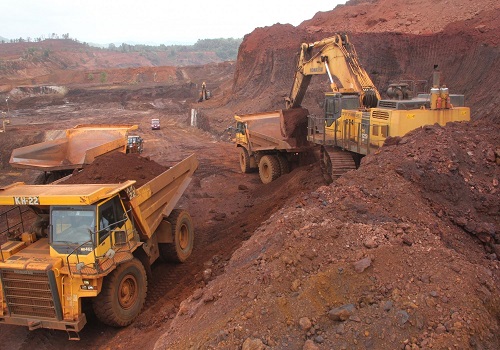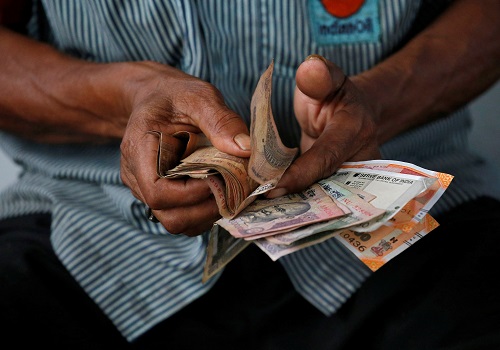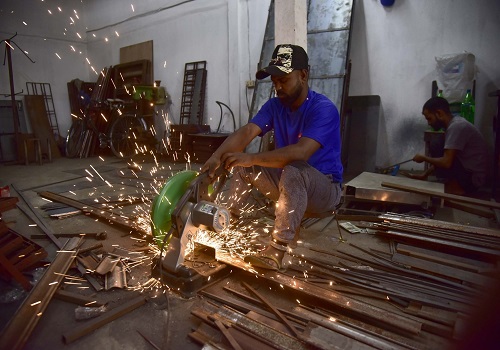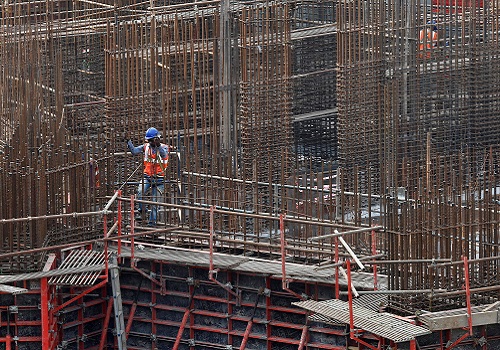Restrictions on Karnataka iron ore industry hampers socio-economic growth of the state

Follow us Now on Telegram ! Get daily 10 - 12 important updates on Business, Finance and Investment. Join our Telegram Channel
The Karnataka Iron ore industry continues to face the brunt of a 10-year-old mechanism imposed on the local mining industry which is also restricting the socio-economic development of the state.
Karnataka is the only state in India to impose such restrictions on the exports of iron ore from the state or sell iron ore freely to all buyers in India. This is causing sub-optimal growth of the local iron-ore industry as selective buying by consumers impacts the overall economy of the state.
At a time, when India can benefit hugely by being competitive in the world trade as demand for iron ore surges globally commanding a price of $122 per tonne, NMDC, a government of India owned mineral producer, has cut down its iron ore price by Rs 500 per tonne (Rs 300 per tonne in Karnataka and Rs 200 per tonne in Chhattisgarh). This has reduced the iron ore price in Karnataka to Rs 3,233 per tonne for Fe 62.5 grade iron ore. At the same time, miners operating in Odisha have hiked their iron ore price by Rs 250 per tonne owing to the market condition and are selling their ore at Rs 7,183 per tonne.
Mineral-rich states like Odisha are driven as per the market conditions as it has open trade practices that are not dominated by domestic buying patterns. This leads to fair competition and appropriate revenue to the exchequer. On the other hand, the iron ore sector in Karnataka is majorly impacted by the iron ore major NMDC's pricing pattern.
Karnataka is the only state in India that has restrictions on exports without any alternate avenues for miners to sell their iron ore. This forces them to sell the mined ore only domestically as per the pricing pattern set by the major iron ore producer NMDC which captures the largest market share with almost 14 Mt per annum. The irony of the whole thing is that the buyers in Karnataka are free to import iron ore or buy from other sources including from captive mines.
Due to the one-sided opening of the Karnataka market, there is an inflow/import of around 3.2 Mt of iron ore in the state. This is creating an artificial oversupply and pressure on the private miners to reduce prices beyond market levels. Currently, the unsold iron ore stocks lying in Karnataka is to the tune of around 4.25 Mt.
Karnataka, which already is losing heavily to the tune of Rs 8,000 crore per annum because of the disparities, is now staring at a further loss of Rs 700 crore per annum due to restrictions on the trade of iron ore and price reduction by NMDC. Given the demand and supply scenario of iron ore, there is no reason for such price cut by NMDC, but its actions raise questions on whether the mining major which is under the Ministry of Steel has taken such a step under the influence of the steel sector.
The state of Karnataka has an annual demand of 37 MT of iron ore while the production in the state is 42 MT, which is already in surplus to the state demand. If NMDC keeps up with the same price, the other miners in the state will have no option but to reduce the price of iron due to a conditional restriction of the export ban imposed by the honorable Supreme Court on the state's iron ore sector almost a decade ago.
When will the state government acknowledge this issue and take a strong step to safeguard its interest? Imagine the day when the loss incurred to the state exchequer from the iron ore industry will rise multi-fold, impacting Karnataka's vast numbers of unemployed and impoverished mining dependents; and the price of iron ore in Karnataka is 110-120 per cent lower than the international iron ore prices.










Top News

Nine banks reported double-digit percentage gains in market capitalization led by IDFC First...
Tag News

Monthly Debt Market Update, September 2023: CareEdge Ratings





 320-x-100_uti_gold.jpg" alt="Advertisement">
320-x-100_uti_gold.jpg" alt="Advertisement">







